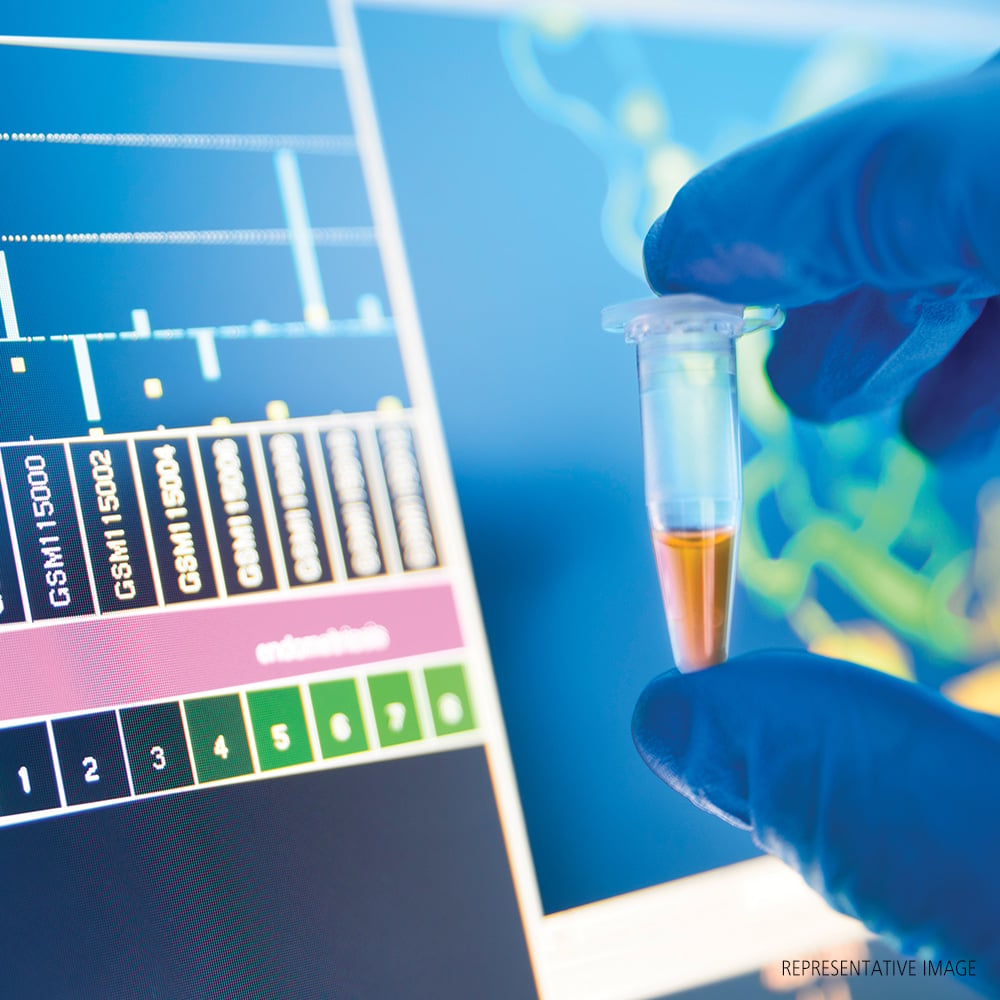OxyTech is Saudi Arabia’s trusted name among Lab Chemical Suppliers, known for delivering precision, reliability, and safety. As a leading provider in the Kingdom, we ensure that every chemical we supply meets international standards of quality and compliance. Our mission is to empower research, education, healthcare, and industrial sectors with trusted chemical solutions that drive accurate and sustainable results. With years of regional experience, OxyTech stands as one of the most dependable High Quality Lab Chemical Suppliers in Saudi Arabia.
At OxyTech, we offer a comprehensive selection of laboratory chemicals sourced from globally recognized manufacturers. Our range includes:
Analytical and research-grade reagents
Organic and inorganic compounds
Buffer solutions and solvents
Chemical indicators and stains
Specialty chemicals for industrial and educational use
Each product undergoes stringent quality control and testing to guarantee purity, consistency, and safety. Whether you run a research lab, an educational institution, or an industrial testing facility, OxyTech provides customized chemical solutions tailored to your operational needs.
As a trusted name among Lab Chemical Suppliers, OxyTech is recognized for quality, expertise, and commitment to customer satisfaction. We stand out for our:
Certified Quality Assurance – All chemicals comply with international standards and are accompanied by relevant safety documentation.
Local Expertise – We understand the unique needs of laboratories across Saudi Arabia and provide guidance in chemical selection, storage, and handling.
Safe and Fast Delivery – With an efficient logistics network, we ensure timely delivery and secure packaging across all regions of the Kingdom.
Customer-Centric Service – Our team of experts provides comprehensive technical support and responsive communication at every stage.
Environmental Responsibility – OxyTech prioritizes safe practices and environmentally responsible supply methods.
These strengths make OxyTech the preferred choice for clients seeking High Quality Lab Chemical Suppliers who combine technical knowledge with reliable service.
Being locally based, OxyTech has deep insights into the Saudi Arabian science and industrial landscape. We work closely with universities, medical laboratories, pharmaceutical companies, and manufacturing sectors to provide chemicals that meet both performance and regulatory requirements. Our familiarity with local market dynamics enables us to offer tailored solutions, ensuring our partners receive the right chemicals, right on time.
OxyTech’s reputation is built on a foundation of experience, compliance, and trust. Our operations adhere to recognized safety and quality standards, supported by trained chemical professionals who understand the complexities of laboratory environments. Over the years, countless institutions across Saudi Arabia have relied on OxyTech for dependable product quality and consistent service delivery — values that continue to guide everything we do.
Looking for reliable lab chemical suppliers in Saudi Arabia? Explore our chemical catalog or contact our expert team for guidance on your specific laboratory needs. Request a quote today and let OxyTech be your trusted partner in scientific excellence.
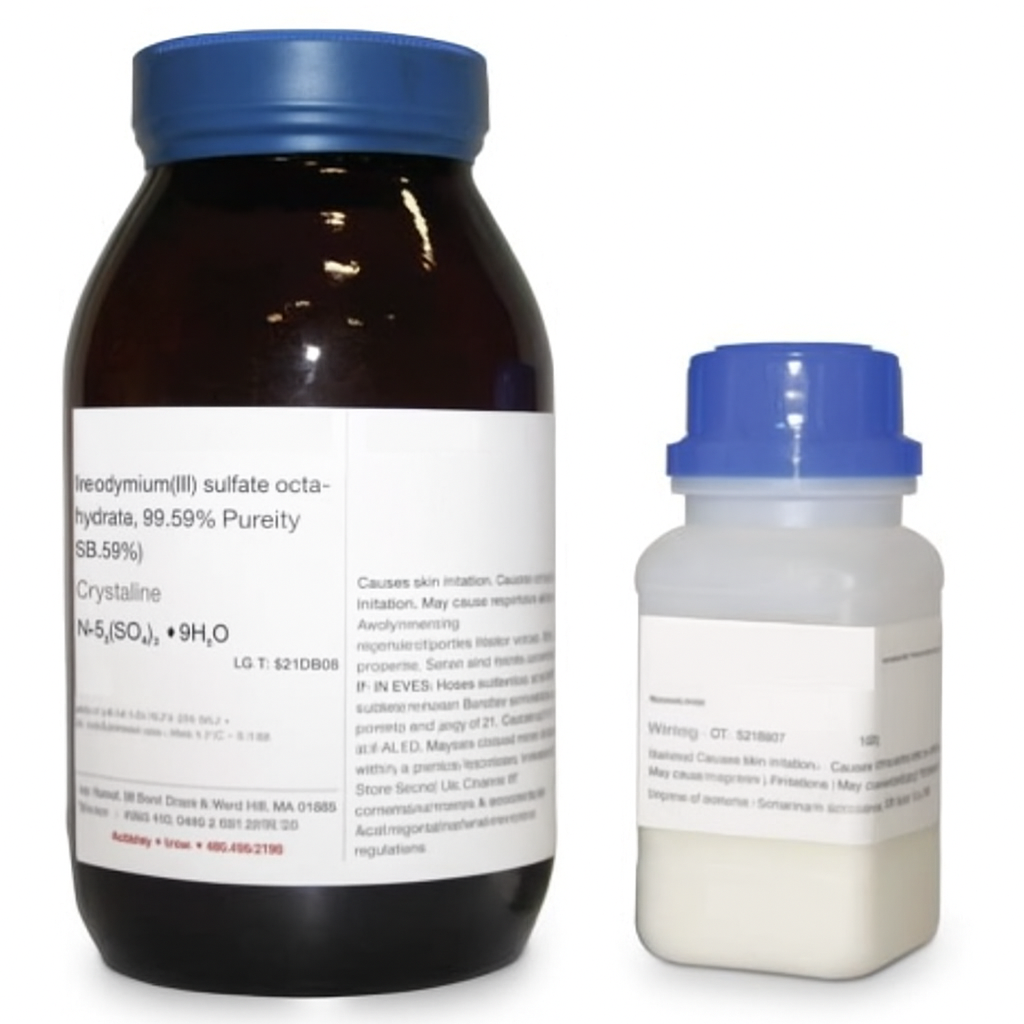
Inorganic acids like hydrochloric, sulfuric, and nitric acid are fundamental reagents in laboratories, widely used in analytical chemistry, synthesis, and pH adjustments. Known for their high reactivity and strong acidic properties, these acids facilitate metal etching, catalysis, and digestion processes. Their high purity grades ensure minimal contamination, critical for trace metal analysis and complexometric titrations. Proper handling and storage are essential due to their corrosive nature. These acids play a pivotal role in water treatment, mineral processing, and environmental testing laboratories.
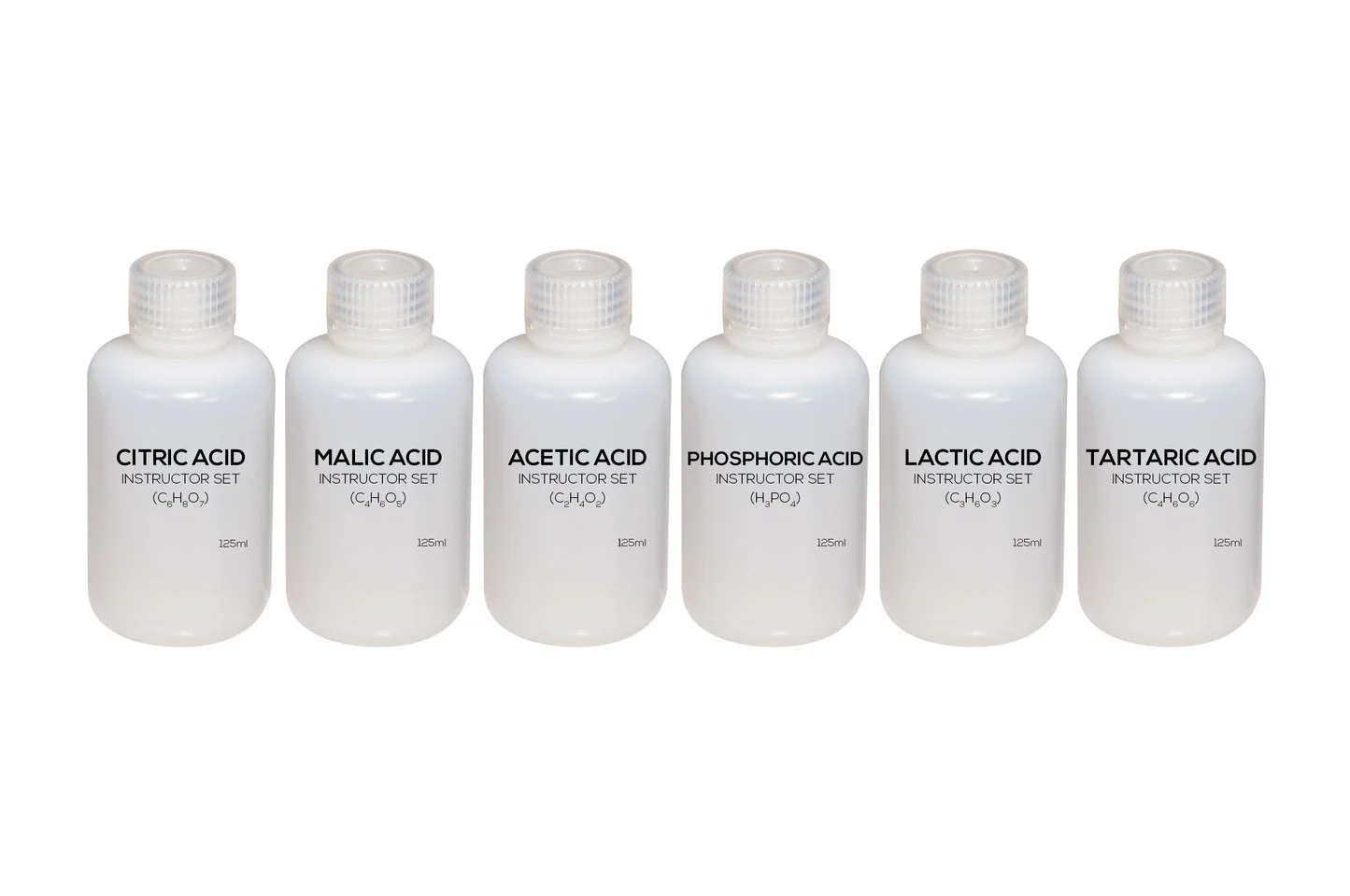
Organic acids such as acetic, citric, and oxalic acids are versatile reagents in biochemical and pharmaceutical research. They act as buffering agents, catalysts, and precursors in synthesis, maintaining controlled pH environments in reactions and culture media. High purity organic acids are crucial for sensitive analytical procedures including chromatography and mass spectrometry. Their biodegradability and relatively milder corrosiveness compared to inorganic acids make them favorable for various biological applications, including food chemistry and fermentation studies.
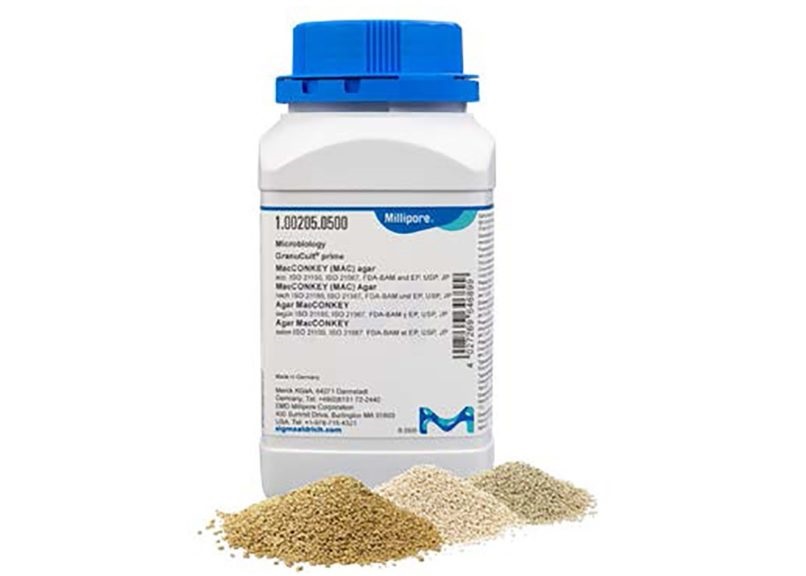
Dehydrate culture media provide essential nutrients in a powdered form to support the growth of microorganisms in microbiology and cell biology laboratories. These ready-to-use media are designed for rapid dissolution and sterilization, enabling efficient culturing of bacteria, fungi, and cell lines. Available in various formulations, dehydrate media are optimized for selective, differential, or enriched growth conditions. Their precise composition supports consistent experimental results in clinical diagnostics, pharmaceutical testing, and environmental monitoring.
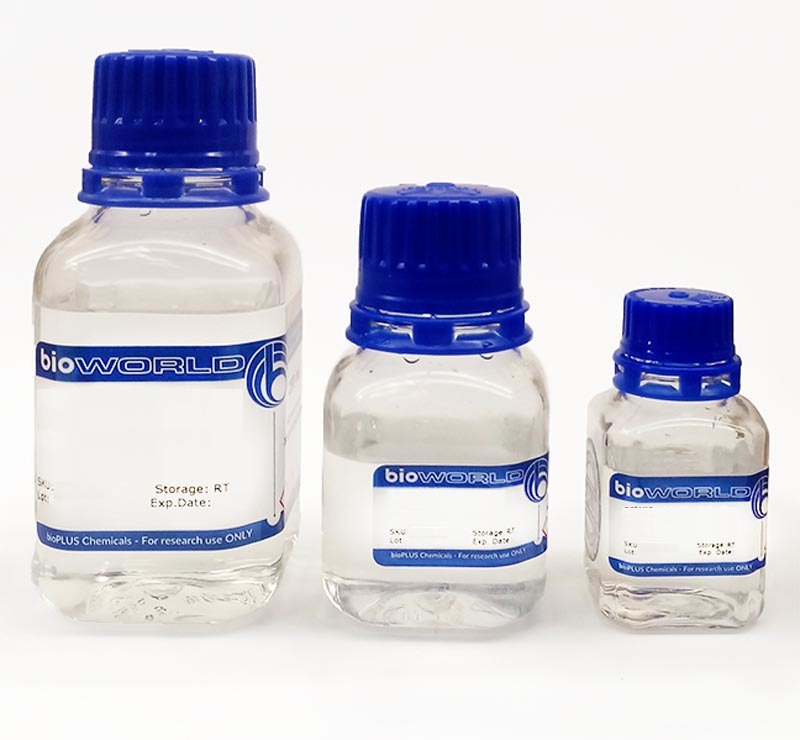
Bases such as sodium hydroxide, potassium hydroxide, and ammonia solutions are indispensable in neutralization, synthesis, and titration processes. Known for their alkaline nature, these compounds regulate pH levels, facilitate saponification, and catalyze organic reactions. High-purity bases minimize interference in sensitive assays and analytical methods. They are extensively used in water treatment, textile processing, and chemical manufacturing, underscoring their versatility across laboratory and industrial workflows.
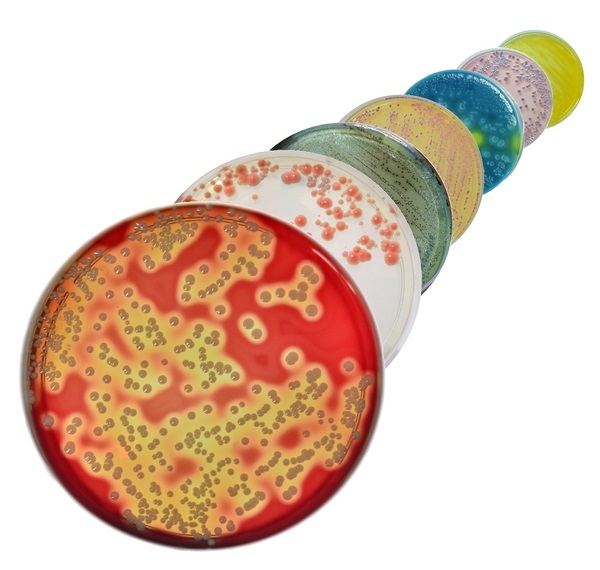
Culture media bases form the fundamental nutrient framework for growing bacteria, fungi, and cell cultures. These dehydrated compounds contain essential salts, nitrogen sources, and buffering agents, creating an optimal environment for microorganism proliferation. Often combined with supplements, culture media bases support research in microbiology, immunology, and biotechnology. Quality and consistency in these bases are critical for reproducible microbial growth and downstream applications such as antibiotic susceptibility testing and vaccine development.
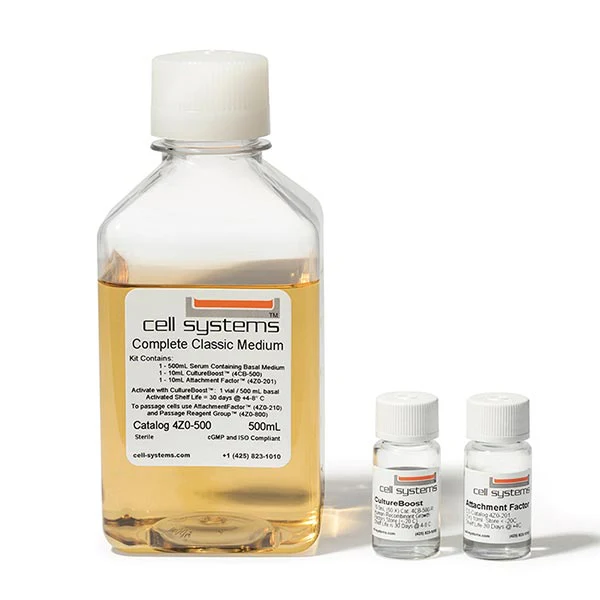
Plant and cell culture chemicals include a range of growth regulators, hormones, vitamins, and nutrients tailored to support in vitro propagation and cellular research. These chemicals maintain sterile, controlled environments that promote cell differentiation, proliferation, and metabolic activity. High-grade, contaminant-free reagents are vital for applications in genetic engineering, tissue culture, and pharmaceutical bioprocessing. They facilitate breakthroughs in crop improvement, regenerative medicine, and biotechnological innovation.
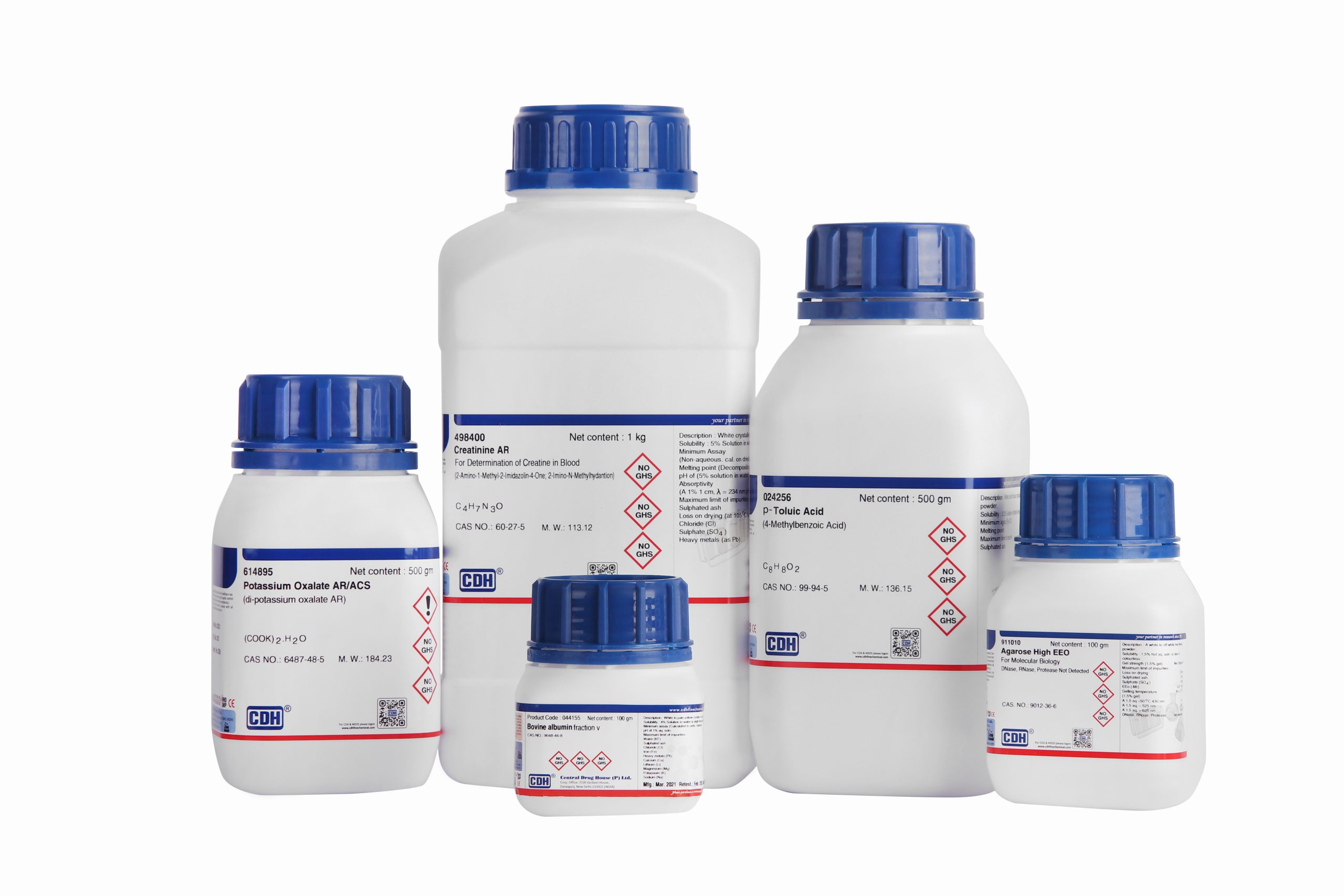
Absorbents are specialized materials used to capture gases, liquids, or impurities in chemical reactions and sample preparation. They play a crucial role in chromatography, filtration, and environmental analysis by selectively trapping unwanted compounds or moisture. Types include activated charcoal, silica gel, and molecular sieves, each designed for specific absorbance properties. High purity absorbents ensure accuracy in analytical protocols and protect sensitive instruments, making them essential for clean, precise laboratory workflows.
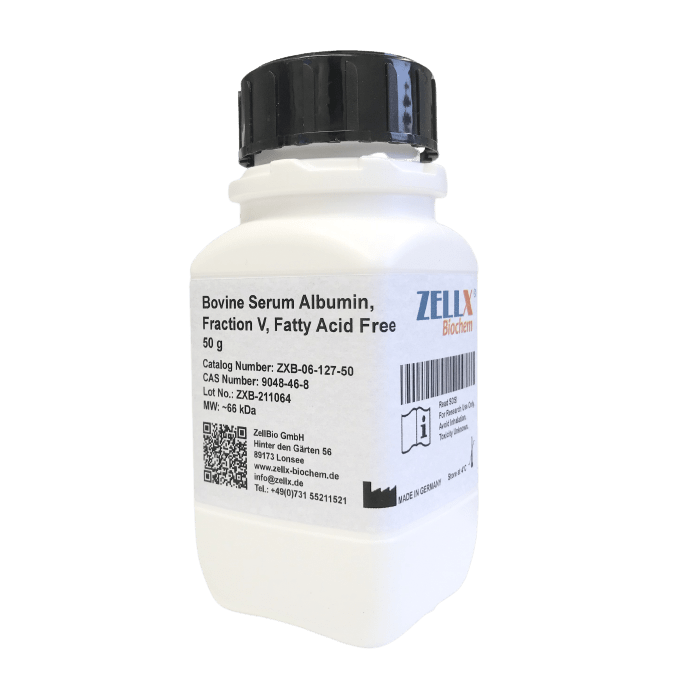
Media supplements enhance the nutritional profile of culture media by providing additional vitamins, amino acids, growth factors, and minerals. These supplements are critical for supporting fastidious organisms and specialized cell lines, improving growth rates and viability. They enable researchers to mimic physiological conditions, promoting realistic cellular behavior in vitro. Quality-controlled supplements help optimize bioproduction, vaccine development, and cell-based assays by ensuring reproducibility and experimental accuracy. Growth Factors and Cytokines, Vitamins and Amino Acids, Antibiotics, Cell Culture Buffers, Bovine Serum Albumin (BSA), N21-MAX and N-2 Supplements, ITS Supplements
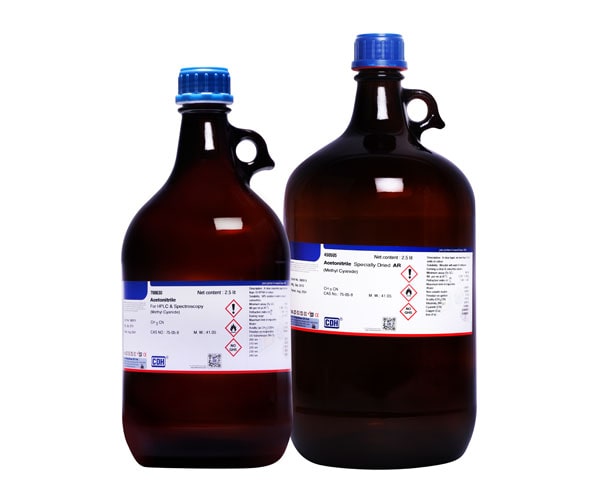
Aldehydes and their derivatives, including formaldehyde and glutaraldehyde, are widely used as fixatives, cross-linking agents, and disinfectants in laboratories. Their ability to stabilize proteins and cellular structures makes them indispensable in histology, pathology, and electron microscopy. High purity aldehydes provide consistent fixation results with minimal artifact formation. Their reactivity and toxicity necessitate careful handling and adherence to safety protocols, underscoring their importance in biomedical and industrial applications.
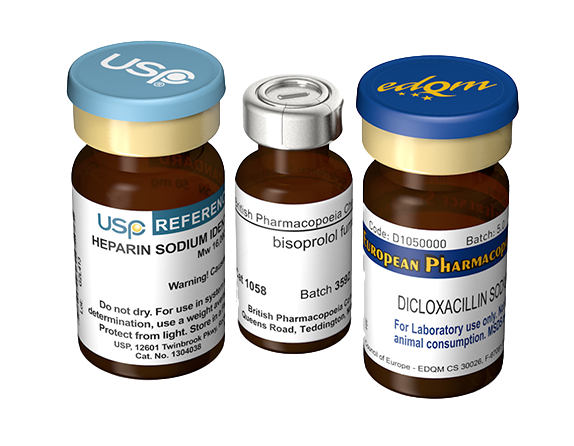
Reference Standards are high-purity, well-characterized chemical substances used to verify the quality, identity, and potency of pharmaceutical products, analytical methods, and laboratory processes. Produced under strict quality systems, they serve as benchmarks for calibration, method validation, and instrument performance checks. Each standard is accompanied by a certificate of analysis detailing purity, molecular structure, and analytical data, ensuring traceability to recognized international guidelines such as ISO, USP, EP, or WHO. Precision in preparation and handling of these materials is critical to maintain data integrity and regulatory compliance.
Types : Pharmacopoeial Standards, In-House Standards, Certified Reference Materials (CRM), and Working Standards—each selected based on application, required accuracy, and regulatory specifications.



